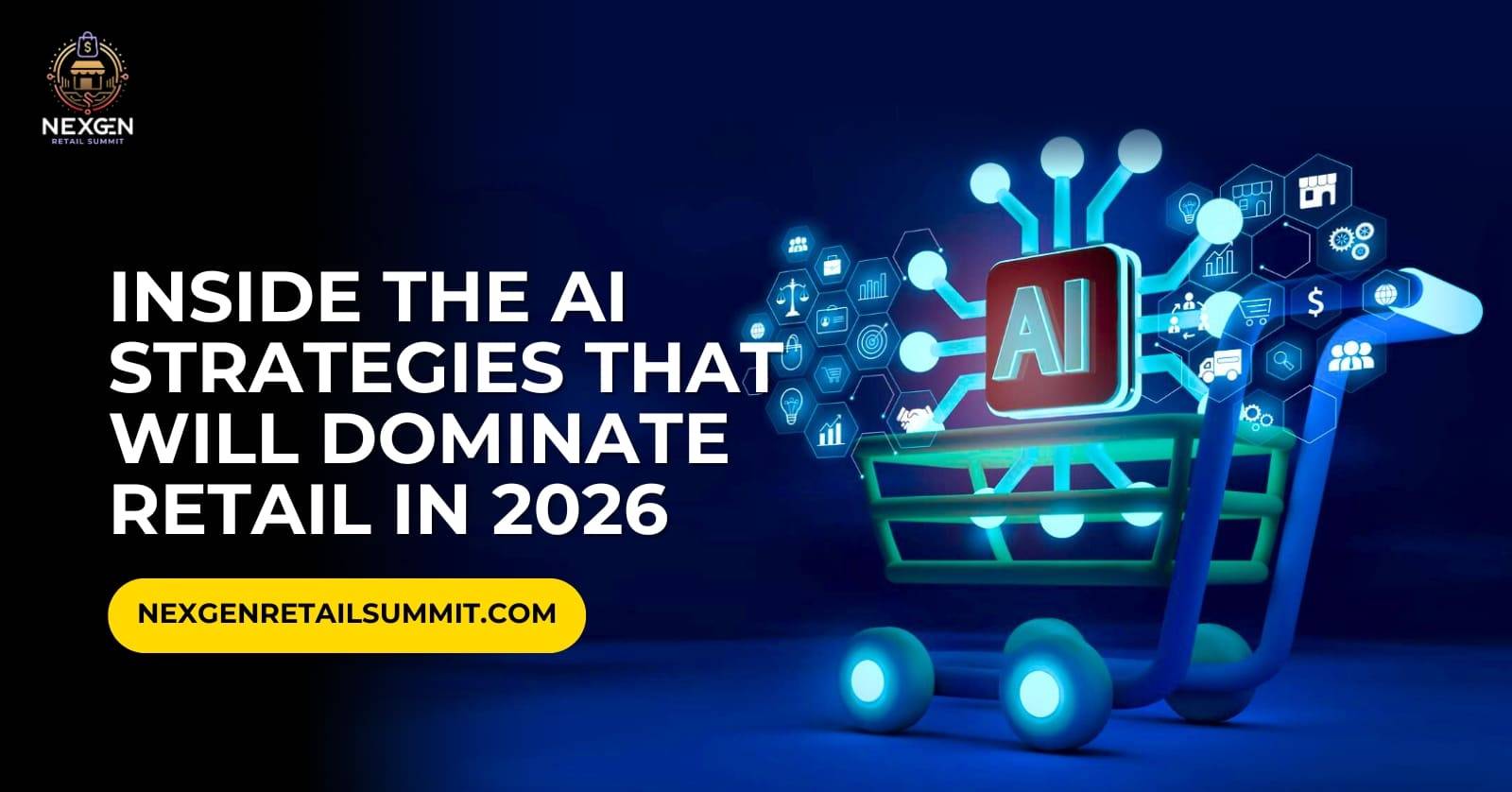
Inside the AI Strategies That Will Dominate Retail in 2026
Artificial Intelligence is transforming retail faster than ever. By 2026, AI could unlock over $6 billion in annual savings and boost profitability by nearly 20 percent. From intelligent shopping companions to hyper-personalized journeys, AI is redefining how brands engage customers, streamline operations, and drive growth.
Here are 10 powerful AI trends set to shape the future of retail and commerce.
Autonomous AI Shopping Assistants
AI shopping assistants can now browse, compare, and even complete purchases independently. They anticipate shopper preferences and deliver real-time recommendations, making the buying process smoother and more personal.
Hyper-Personalization at Scale
Nearly 80 percent of consumers prefer personalized experiences, and AI makes that possible. By analyzing behavior and preferences, brands can tailor products, offers, and messages that truly resonate.
AI-Driven Supply Chain Intelligence
AI is taking supply chain efficiency to new levels. Smarter forecasting and autonomous logistics will ensure products are available when and where customers need them. By 2028, around 15 percent of supply chain decisions are expected to be automated.
Smarter Store Operations
Physical stores are becoming intelligent hubs. AI optimizes staffing, inventory placement, and pricing in real time, creating seamless and efficient customer experiences.
Generative AI in Marketing and Content
Generative AI empowers retailers to produce product descriptions, visuals, and marketing campaigns instantly. This technology helps brands maintain a consistent voice while delivering fresh, personalized content at scale.
The Phygital Revolution
The boundary between online and offline shopping is fading. With the help of AI, augmented reality, and computer vision, customers can virtually try on products, visualize them in their homes, and enjoy immersive retail experiences.
Real-Time Dynamic Pricing
AI allows retailers to update prices and assortments on the spot based on demand, inventory, or market trends. This agility helps maximize margins while keeping shoppers engaged and satisfied.
Voice-Powered Shopping Journeys
Voice commerce is becoming mainstream. AI assistants now understand intent and context, enabling faster, more natural shopping experiences that feel almost human.
AI for Security and Fraud Detection
AI strengthens retail security by monitoring transactions, identifying suspicious activity, and protecting customer data. These intelligent systems help retailers maintain trust and safeguard revenue.
Sustainable and Ethical AI
Retailers are using AI to minimize waste, optimize resource use, and support circular business models. Ethical AI practices focused on transparency and fairness are also gaining importance in building consumer trust.
Why These Trends Matter
The global AI in retail market is projected to reach $100 billion by 2030, growing at more than 46 percent each year. Retailers that adopt these innovations will gain efficiency, customer loyalty, and a lasting competitive advantage.
At TechTrek Events, we organize forums and discussions that bring together industry professionals to explore the latest trends and innovations. The NexGen Retail Summit provides a platform for these conversations, where leaders and innovators share insights and ideas on how AI and emerging technologies are driving the next wave of growth in retail.
